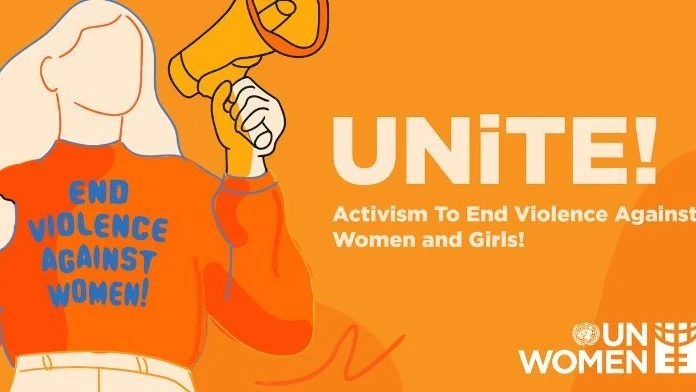Bad eating habits tied to real poverty, gender divide and, slightly, education

ANXIETY among health professionals and researchers on the implicit link of malnutrition and status of being large scale growing regions has not abated, even if it is largely low-intensity in character.
The latest disquiet came from a research or administrative admission that, although Morogoro Region is among leading rice producers, it has a relatively poor nutritional status attributed to inappropriate food consumption.
There were also references to harmful traditions, like preventing women and definitely children from meat and eggs, while milk is a cash produce.
A recent evaluation meeting on the implementation of nationwide nutrition pact in the region brought up this realisation from nutrition subsector officials.
The officials pointed at customary restrictions on consumption of animal products as contributing to intense nutritional deficiencies.
While efforts were directed at the fact of having a variety of vegetables and fruits each season but insufficiently added to daily meals, perhaps the issue isn’t lack of knowledge.
There are cash demands as well as ownership ties, where it matters who owns the cattle or chicken, who earns the cash for food and what their expenditure priorities are, leading to a bare grain diet.
One needs fairly detailed research on availability of various types of food, their costing structure and family incomes (so to speak).
This is because when the woman in a family is the main source of income, a balanced diet is more likely. When it is a man, however, there has to be plenty of cash in his pocket to provide enough for a balanced diet.
That is in part why there are biting ironies in current government efforts to raise the level of civic responsibility, which ought to start at home.
Tradition is often a praised term in public discussion among African countries and it is not clear if those tied to traditions realise how much it is also the source of woes, often incalculably.
There are no easy answers to malnutrition except by a sharp growth in income levels less by self-employment in informal sector settings but regular jobs and assured incomes.
With regular incomes, most men would likely take up proper fatherly roles in their families, as an aspect of their dignity, while marginalisation or systematic curbs in income expectations would continue to risk leading to frustration.
Naturally, the seething anger burning inside can’t be emptied on society except in criminal action and that is dangerous, so it tends to be emptied on the household.
It is a situation usually identified with mental health situations but, as usual, health sector professionals will focus on education while the real issue is emancipation from system-driven grinding poverty.
Top Headlines
© 2024 IPPMEDIA.COM. ALL RIGHTS RESERVED

















